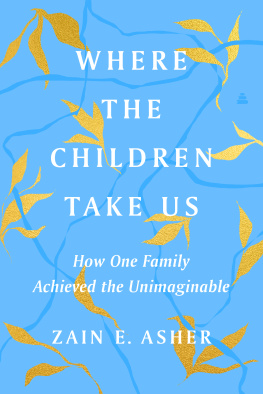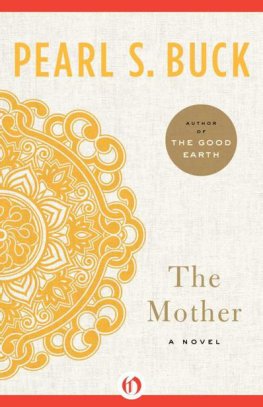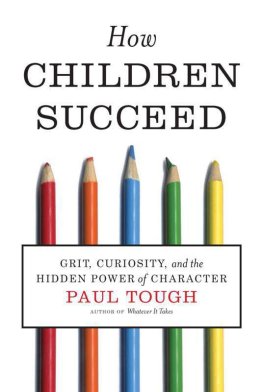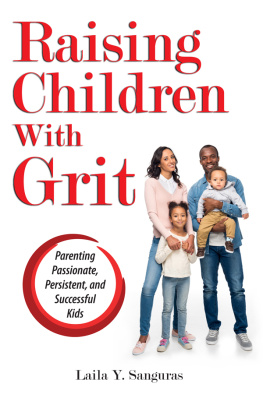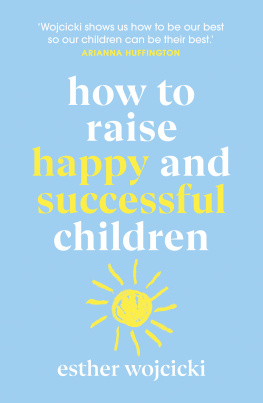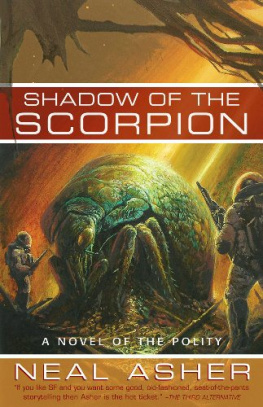Zain E. Asher - Where the Children Take Us: How One Family Achieved the Unimaginable
Here you can read online Zain E. Asher - Where the Children Take Us: How One Family Achieved the Unimaginable full text of the book (entire story) in english for free. Download pdf and epub, get meaning, cover and reviews about this ebook. year: 2022, publisher: HarperCollins, genre: Non-fiction. Description of the work, (preface) as well as reviews are available. Best literature library LitArk.com created for fans of good reading and offers a wide selection of genres:
Romance novel
Science fiction
Adventure
Detective
Science
History
Home and family
Prose
Art
Politics
Computer
Non-fiction
Religion
Business
Children
Humor
Choose a favorite category and find really read worthwhile books. Enjoy immersion in the world of imagination, feel the emotions of the characters or learn something new for yourself, make an fascinating discovery.
- Book:Where the Children Take Us: How One Family Achieved the Unimaginable
- Author:
- Publisher:HarperCollins
- Genre:
- Year:2022
- Rating:5 / 5
- Favourites:Add to favourites
- Your mark:
Where the Children Take Us: How One Family Achieved the Unimaginable: summary, description and annotation
We offer to read an annotation, description, summary or preface (depends on what the author of the book "Where the Children Take Us: How One Family Achieved the Unimaginable" wrote himself). If you haven't found the necessary information about the book — write in the comments, we will try to find it.
In this spellbinding memoir, popular CNN anchor Zain E. Asher pays tribute to her mothers strength and determination to raise four successful children in the shadow of tragedy.
Awaiting the return of her husband and young son from a road trip, Obiajulu Ejiofor receives shattering news. Theres been a fatal car crash, and one of them is dead.
In Where the Children Take Us, Obiajulus daughter, Zain E. Asher, tells the story of her mothers harrowing fight to raise four children as a widowed immigrant in South London. There is tragedy in this tale, but it is not a tragedy. Drawing on tough-love parenting strategies, Obiajulu teaches her sons and daughters to overcome the daily pressures of poverty, crime and prejudiceand much more. With her relentless support, the children exceed all expectationsbecoming a CNN anchor, an Oscar-nominated actorAshers older brother Chiwetel Ejiofor (12 Years a Slave)a medical doctor, and a thriving entrepreneur.
The generations-old Nigerian parenting techniques that lead to the familys salvation were born in the village where young Obiajulu and Arinze meet with their country on the brink of war. Together, they emigrate to London in the 1970s to escape the violence, but soon confront a different set of challenges in the West.
When grief threatens to engulf her fractured family after the accident, Obiajulu, suddenly a single mother in a foreign land, refuses to accept defeat. As her children veer down the wrong path, she instills a family book club with Western literary classics, testing their resolve and challenging their deeper understanding. Desperate for inspiration, she plasters newspaper clippings of Black success stories on the walls and hunts for overachieving neighbors to serve as role models, all while running Shakespeare theatre lines with her son and finishing homework into the early morning with Zain. When distractions persist, she literally cuts the TV cord and installs a residential pay phone.
The story of a woman who survived genocide, famine, poverty, and crushing grief to rise from war torn Africa to the streets of South London and eventually the drawing rooms of Buckingham Palace, Where the Children Take Us is an unforgettable portrait of strength, tenacity, love, and perseverance embodied in one towering woman.
Zain E. Asher: author's other books
Who wrote Where the Children Take Us: How One Family Achieved the Unimaginable? Find out the surname, the name of the author of the book and a list of all author's works by series.

